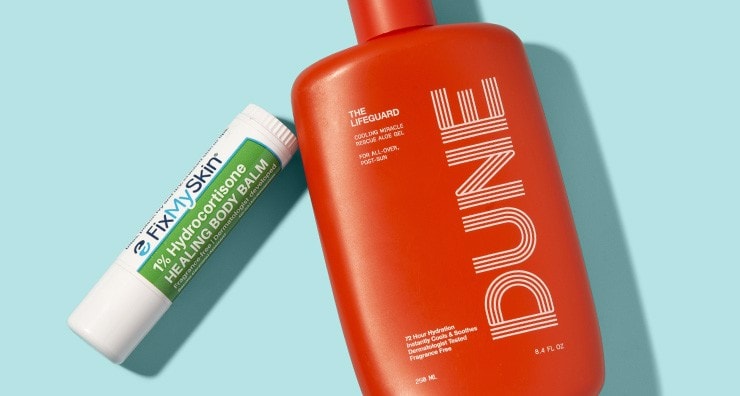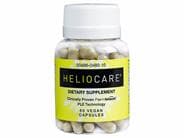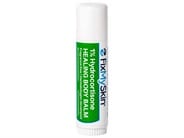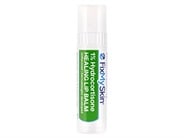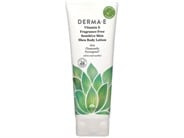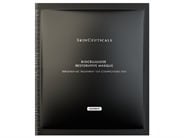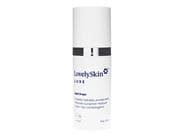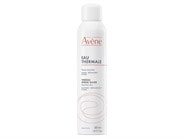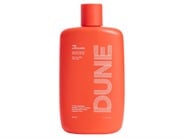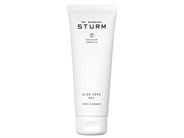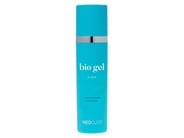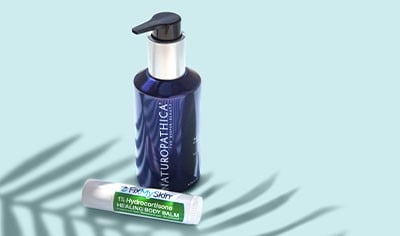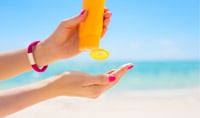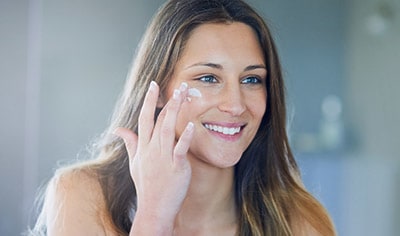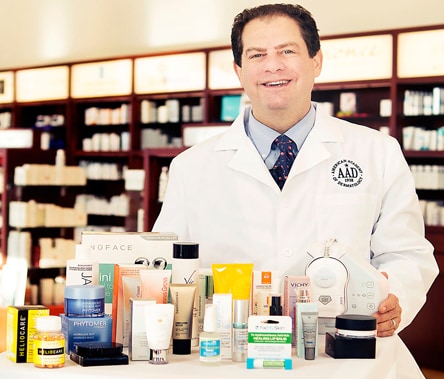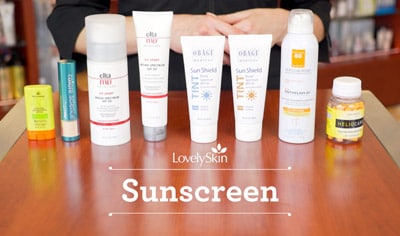Sunburn can lead to skin damage, signs of aging and even cancer, and it goes without saying it should be avoided at all costs. Sometimes, though, mistakes happen, and after a long day outdoors, you’re left with reddened skin that is hot and painful to the touch. Though the damage is already done by the time a sunburn starts to show, board-certified dermatologist and LovelySkin CEO Dr. Joel Schlessinger has some helpful tips for both limiting your discomfort and lessening a sunburn’s long-term effects. Read on for our tips on the best sunburn relief, including:
At the first sign of skin reddening or tingling, Dr. Schlessinger recommends getting out of the sun immediately and taking a dose of aspirin or ibuprofen (Motrin or Advil). “While Tylenol will help alleviate the pain associated with a sunburn, it does not have the same anti-inflammatory effect as NSAIDs such as ibuprofen or aspirin,” Dr. Schlessinger says. “When you take ibuprofen or aspirin, you’re not only addressing your symptoms of redness and swelling, but you’re also helping prevent long-term skin damage.” You may have also heard about Heliocare, a sun protection supplement Dr. Schlessinger often recommends as a preventative measure. “Heliocare contains Polypodium leucotomos, which comes from a fern in Central America and actually works to improve your immune response to sun damage from the inside out, which is why I recommend it for my patients whose jobs or daily activities involve a lot of sun exposure. I also recommend it to all my skin cancer patients,” he says. “However, taking a dose of Heliocare after a sunburn can also help minimize the damaging effects if you’re able to take it immediately afterward or as soon as possible.”
To help soothe hot, sunburned skin on your body, you can apply a cool compress or spritz on Avene Thermal Spring Water, which contains naturally occurring minerals that help soothe irritated skin. The Skin Cancer Foundation also recommends applying a hydrocortisone product to sunburned skin for a day or two to alleviate discomfort. FixMySkin 1% Hydrocortisone Healing Body Balm is the perfect on-the-go solution. The heat-resistant, easy-to-use stick contains nourishing and hydrating shea and cocoa butters, plus 1% hydrocortisone to relieve itching, dryness and irritation.
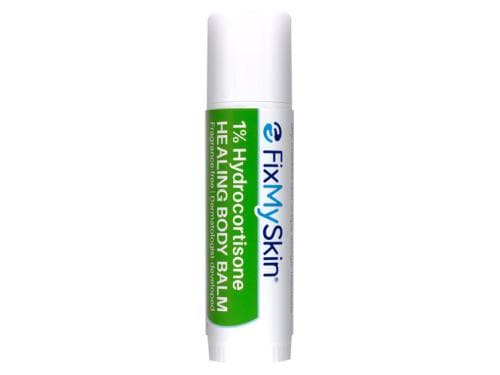
“As your sunburned skin starts to heal, you may notice some flaking and peeling,” Dr. Schlessinger says. “This is a normal part of the healing process and if your skin feels uncomfortable, you can try at-home remedies for sunburn that have aloe vera and other soothing ingredients.”
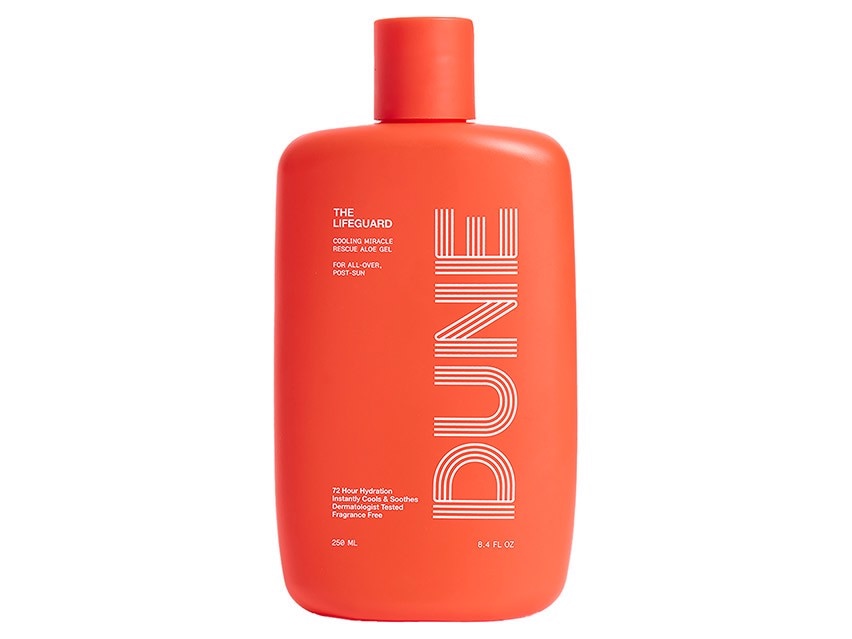
The Lifeguard Cooling Rescue Aloe Gel from Dune Suncare is one of our favorite at-home remedies for sunburn. This lightweight, non-sticky body gel contains aloe vera, avocado oil and bisabolol, a soothing extract of chamomile. It also contains a derivative of menthol for a minty scent and cooling effect every time you apply. Another aloe-based option is Dr. Barbara Sturm Aloe Vera Gel, which is made from 90% pure organic aloe leaf juice and purslane extract to help protect your skin from free radical damage after sun exposure.
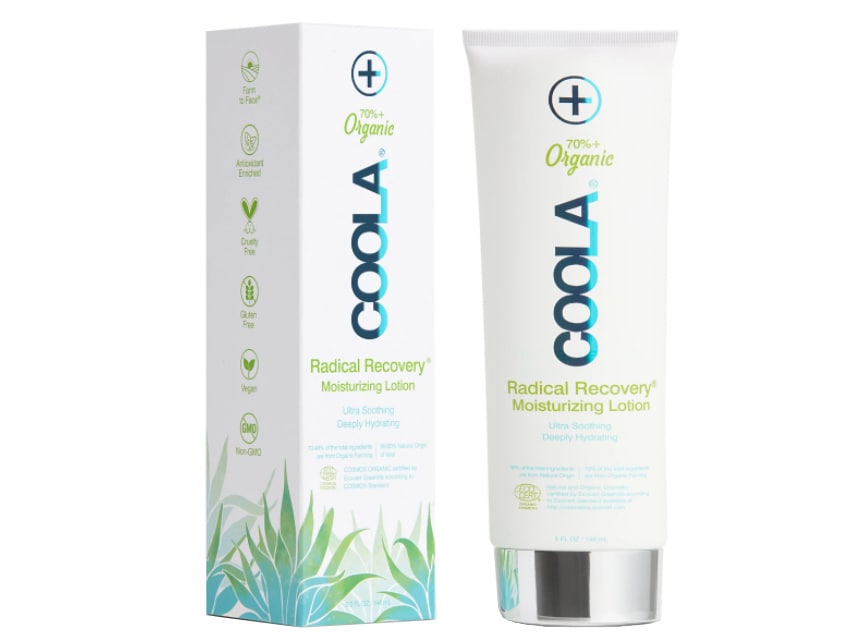
If you prefer a traditional body lotion to a gel, COOLA ER+ Radical Recovery Organic After-Sun Lotion is a great option for sunburn self-care. It soothes sunburned skin with aloe vera and lavender oil and leaves it feeling moisturized thanks to antioxidant-rich sunflower oil, shea butter and coconut oil.
A face sunburn can be especially painful and leave your skin dry, red and irritated. One of the best ways to treat sunburn on your face is with a gentle nourishing moisturizer such as LovelySkin LUXE Lipid Drops. It’s one of our favorite at-home remedies for sunburn because it helps restore dry, damaged skin with a blend of glycolipids and phospholipids. It has a velvety texture that can help bring relief as your skin heals from a sunburn.
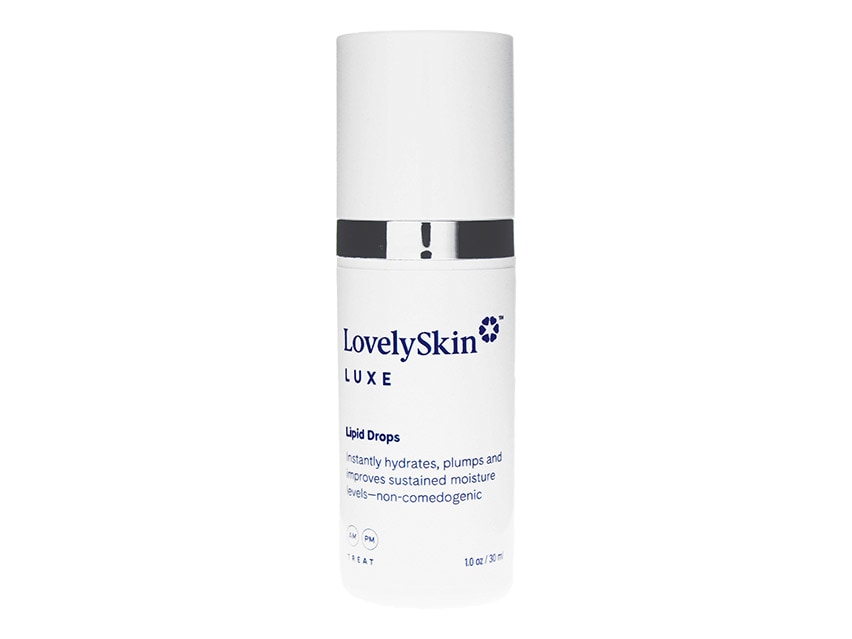
Another soothing option is Neocutis BioGel Firm Moisturizing Hydrogel, which delivers a powerful boost of hydration to parched skin with glycerin and hyaluronic acid. It also features growth factors and peptides to help support the production of collagen and elastin as your skin heals.
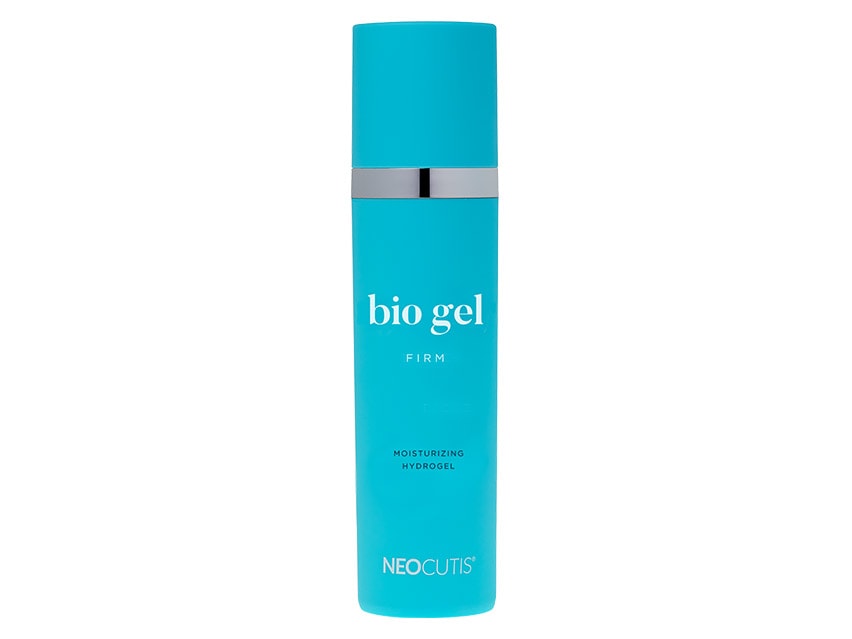
Another one of our favorite at-home remedies for sunburn on your face is the SkinCeuticals Biocellulose Restorative Sheet Mask. This sheet mask was created to help relieve redness and discomfort after in-office procedures such as chemical peels and laser treatments. However, it also deserves a spot in your sunburn self-care kit. Each sheet mask is sterile and individually wrapped, and creates a breathable barrier to cool and hydrate compromised skin.
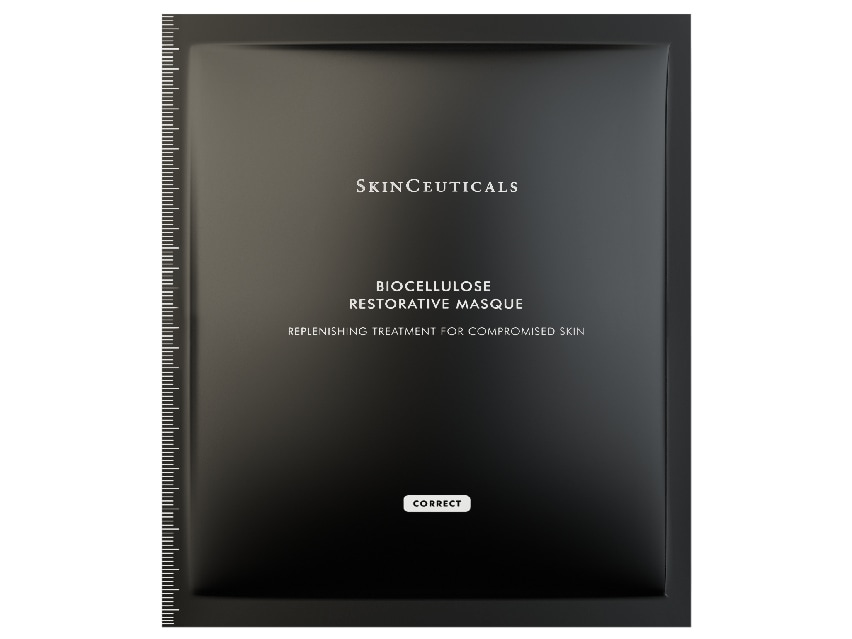
If you’re wondering how to treat sunburned lips, look to FixMySkin 1% Hydrocortisone Healing Lip Balm. This formula offers relief with the same soothing ingredients as FixMySkin Body Balm in a smaller lip balm-sized tube. “Using FixMySkin Lip Balm can help keep peeling skin moist so it’s less tempting to pick at, which you’ll want to avoid doing to keep your skin from becoming infected,” Dr. Schlessinger says.
After a severe sunburn, your skin may start to blister. “Blistering skin is a symptom of second-degree sunburn, and it’s a result of fluid accumulating in between the top layers of your skin,” Dr. Schlessinger. “Blisters form as part of the healing process and to avoid infection, you shouldn’t pick at blisters or try to pop them.” While most sunburns may be treated at home, even if they are accompanied by blisters, there are times when you should seek medical attention for sunburn. “If you’re worried about how to treat a blistering sunburn at home, err on the side of caution. If you have a blister or blisters that are swollen or pus-filled, you should see a physician to check for infection,” Dr. Schlessinger says. “Likewise, if you experience a sunburn accompanied by fever, chills, nausea or vomiting, you should see a doctor immediately. This could be a sign of heat illness, also called sun poisoning.”
One of the best sunburn treatments you can try at home is to take a cool bath or shower. This can help regulate an elevated body temperature and soothe red, sunburned skin. However, Dr. Schlessinger recommends avoiding scrubs, loofahs and washcloths, which could further irritate your skin. Instead, use your hands to gently massage your skin as you wash.
The good news is that getting sunburned is avoidable when you plan ahead and take precautions. You can view your sunburn as a learning experience and next time you plan to be outdoors, you can be more proactive about sun safety.
Dr. Schlessinger recommends using a broad-spectrum sunscreen with an SPF of 30 or higher and taking the time to apply it evenly and plentifully, using at least an ounce (enough to fill a shot glass) of sunscreen on your body and a half-dollar-sized amount to your face and neck. “I like to remind my patients that the sunscreen they apply before leaving the house will last about forty to ninety minutes, and even less if you’re in the water or working up a sweat,” he says. “After that, it’s time to reapply if you’re still outdoors.”
Dr. Schlessinger also recommends supplementing your sunscreen use with a wide-brimmed hat and protective clothing and seeking the shade between peak sun hours of 10 a.m. and 4 p.m. If you anticipate being outdoors in the full sun, consider bringing your own shade structure, such as a golf or beach umbrella or tent.
One way to make practicing daily sun safety easier is to find a sunscreen you love wearing. You can learn more about dermatologist-recommended choices for eye sunscreen, invisible sunscreen, gel sunscreen and more sunscreen options on the LovelySkin Blog.


